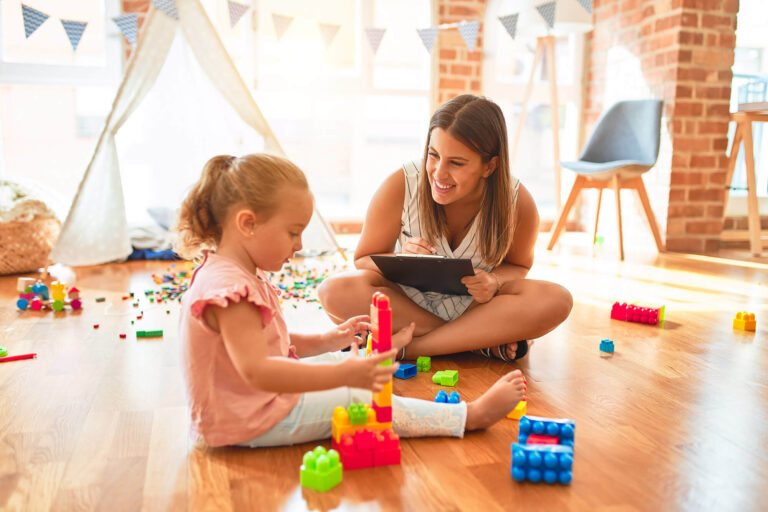
Play Therapy
“Every child is unique and special but sometimes they experience problems with feelings or behaviours that cause disruption to their lives and the lives of those around them”


Play Therapy is helpful for children who may be experiencing the following:
- Parental conflict, separation or divorce.
- Issues with self esteem.
- Developmental trauma (sexual, physical or emotional abuse).
- Being adopted or being in foster care.
- Issues of loss, such as illness or death of a loved one.
- Medical issues and hospitalisations.
- Witness to domestic violence.
- Acute trauma such as an accident or disaster.
- Learning differences such as Attention Deficit Disorder or Autism.
- Physical disabilities.
Structure of Play Therapy:
- Referral received from parents/social work/psychiatry/school.
- Meeting with the child’s parents/carer(s) and a discussion with appropriate professionals involved with the child if necessary.
- If the referral is deemed to be appropriate, a plan is made to begin sessions.
- Play Therapy sessions: 45-minute regular weekly sessions. These sessions can comprise of one to one sessions with the therapist and sessions where parents/carer(s) are actively involved.
- Regular review sessions with parent/carer(s) and other appropriate professionals, if it is necessary.
How many sessions are recommended?
For less complex cases, where the child is well supported at home and in their community, 7 – 10 sessions may be sufficient, with a re-referral for further blocks of therapy appropriate should the family need further support. Complex cases may require long-term intervention (12 months or more) with regular breaks in the therapy.




Circle of Security Parenting Program (COS-P)
Circle of Security Parenting Program (COS-P)
At times all parents feel lost or without a clue about what our child might need from us. Imagine what it might feel like if you were able to make sense of what your child was really asking from you. The Circle of Security® Parenting™ program is based on decades of research about how secure parent-child relationships can be supported and strengthened.
Using the COSP™ model developed by the Circle of Security originators, our trained Facilitators work with parents and care-givers to help them to:
- Understand their child’s emotional world by learning to read emotional needs
- Support their child’s ability to successfully manage emotions
- Enhance the development of their child’s self esteem
- Honour the innate wisdom and desire for their child to be secure
(Circle of Security, 2022)







